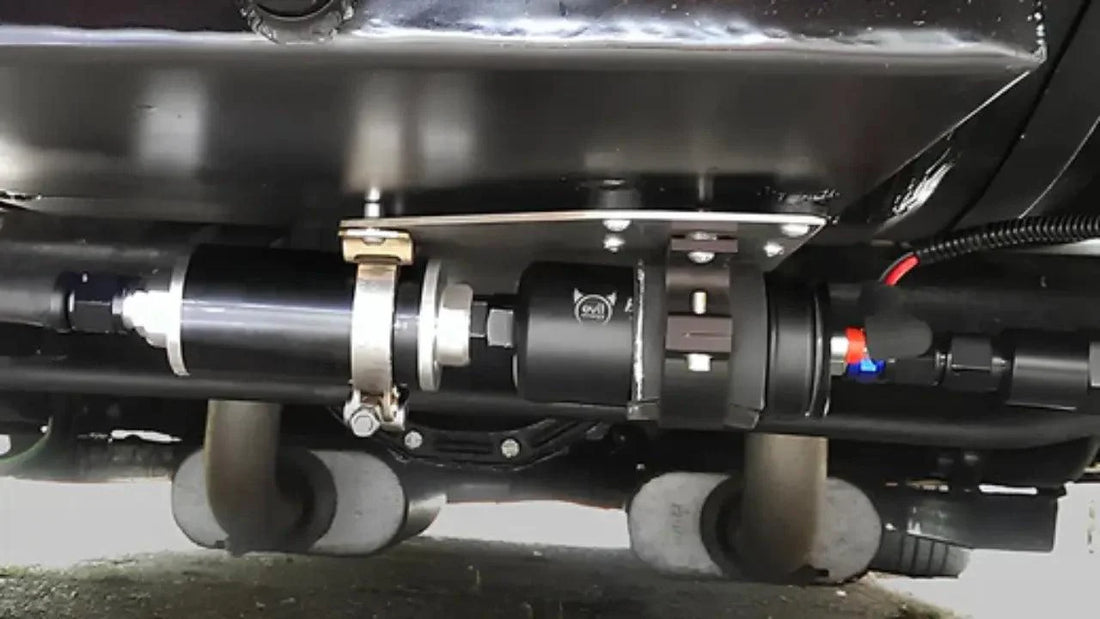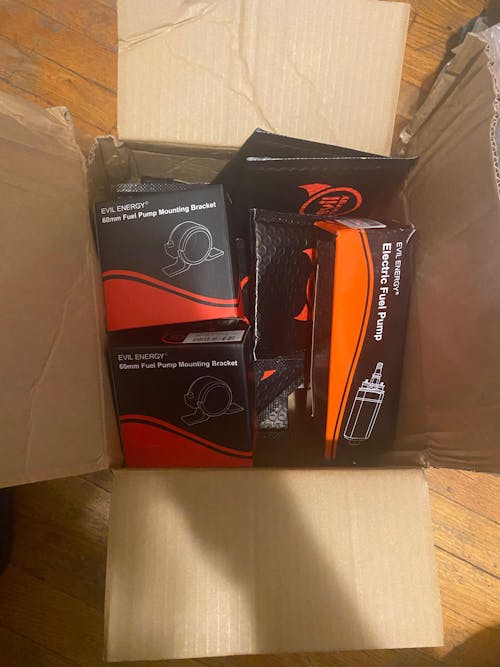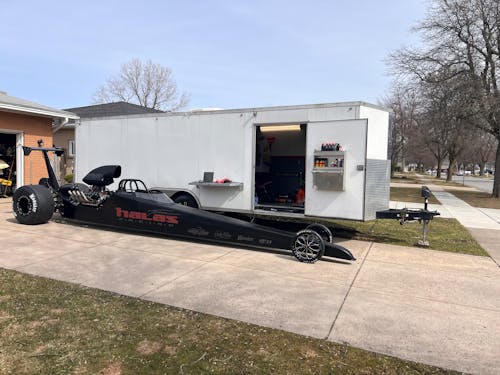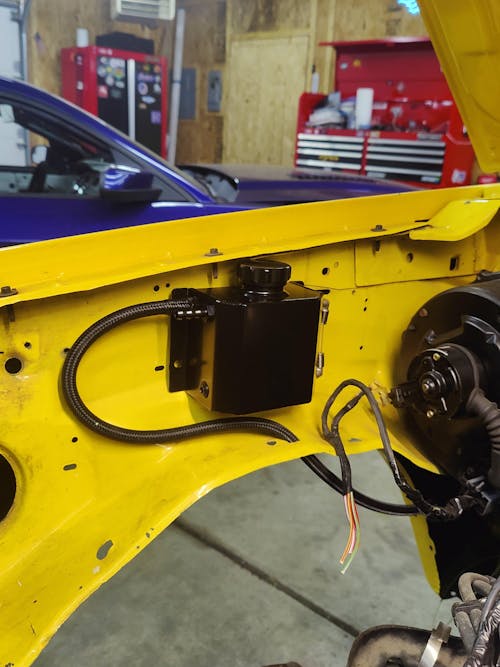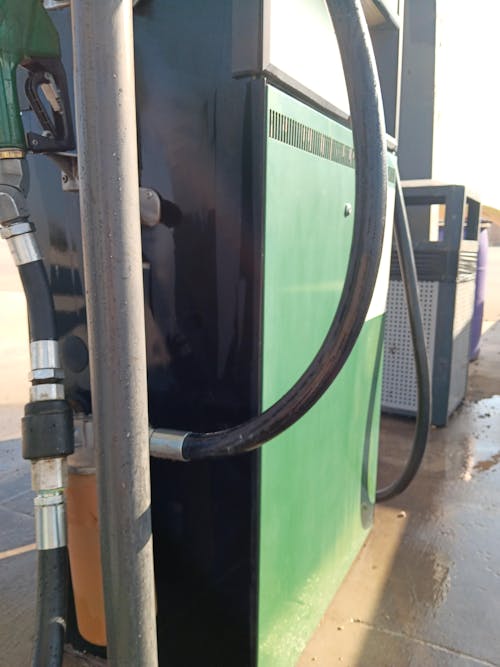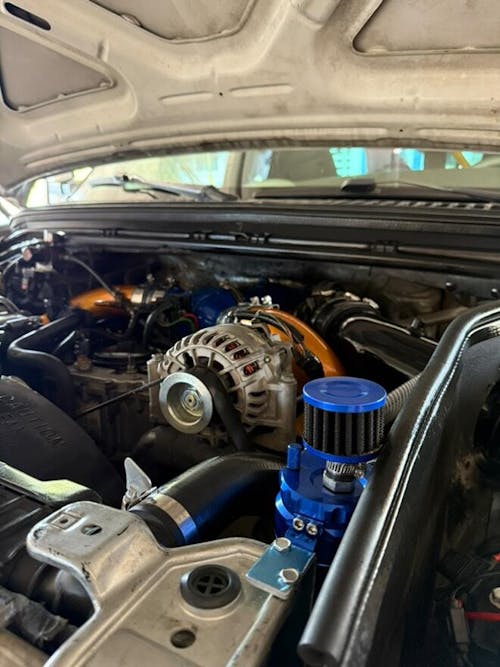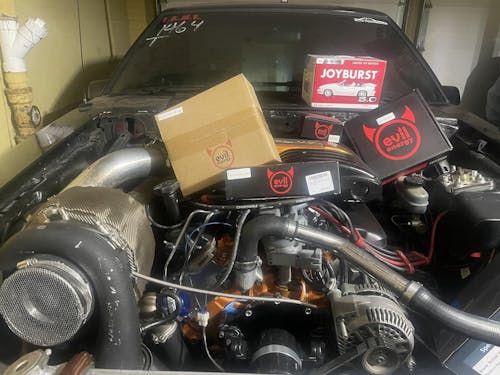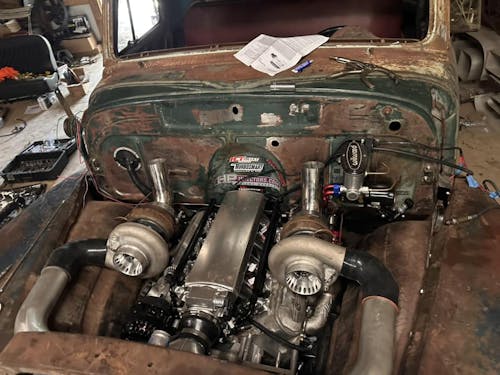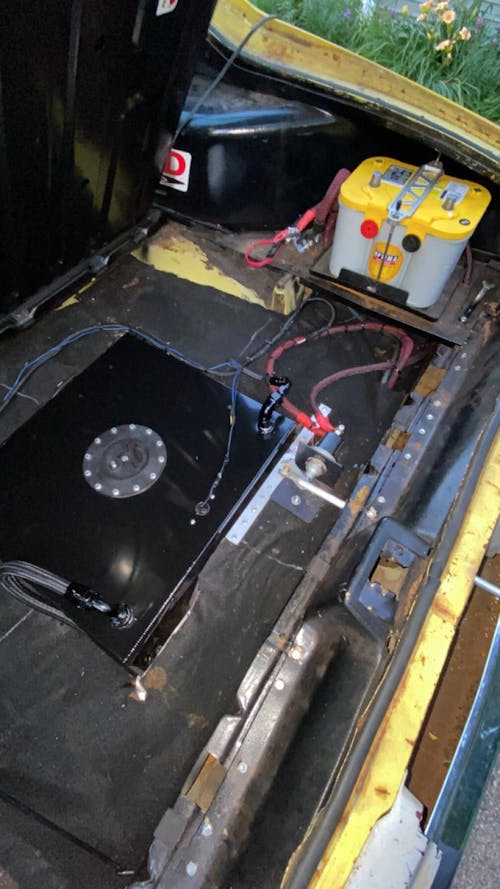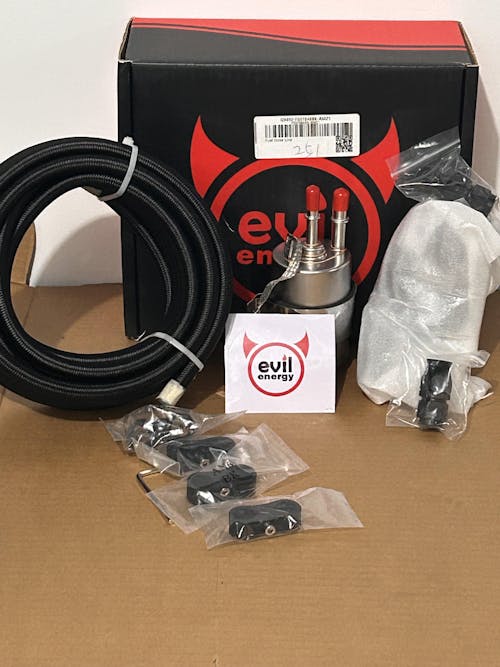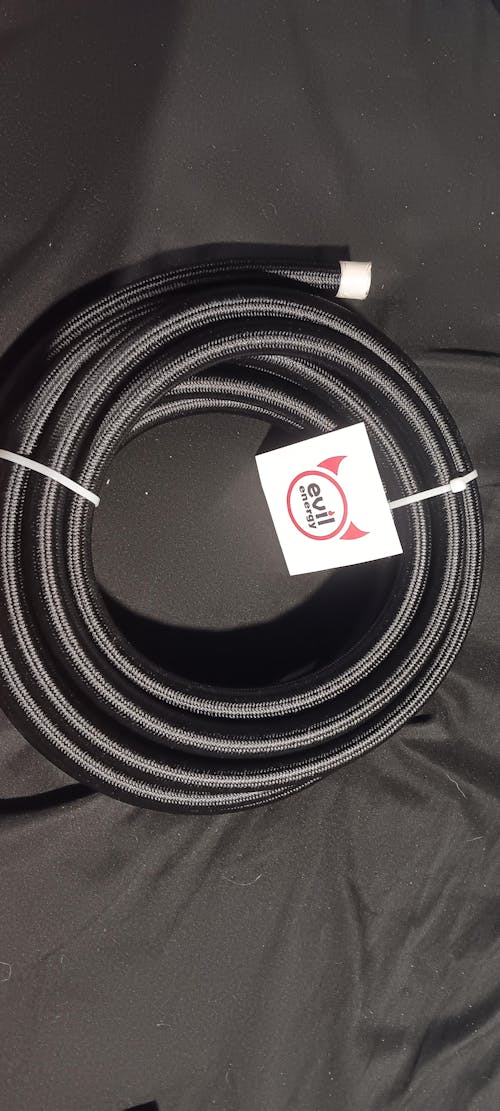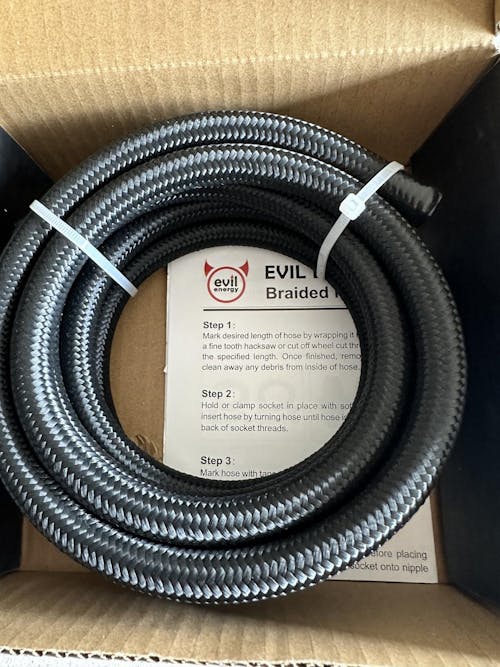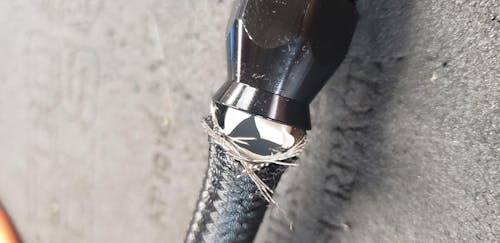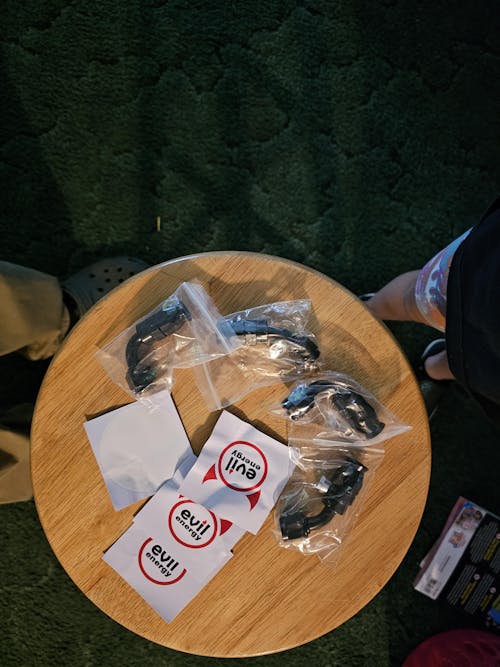How Much Should It Cost to Replace a Fuel Pump?
You are driving and enjoying the open road. Suddenly, your car starts sputtering. The engine loses power, and you are stranded on the side of the road.
This frustrating situation often means the fuel pump is failing—a critical component responsible for delivering fuel efficiently to your engine.

If you have faced this scary situation, you know how important it is to understand fuel pump replacement costs in 2025. In this blog, we'll explore exactly what you need to know about fuel pump replacement costs. This will help you make smart choices for your vehicle's maintenance.
Signs of a Bad Fuel Pump You Shouldn't Ignore
Before we dive into the costs, it's essential to recognize the signs that indicate your fuel pump may be on its last legs. A failing fuel pump can manifest in several ways, and being aware of these symptoms can save you from unexpected breakdowns and costly repairs. Here are the most common indicators that your fuel pump may be on the verge of failure:
- Engine sputtering: Hesitation or jerking, especially at high speeds, can indicate inconsistent fuel delivery.
- Difficulty starting: If your car takes longer than normal to start or needs several tries, it may mean the fuel pump is losing pressure.
- Power loss during acceleration: Struggling to gain speed or feeling sluggish when pressing the gas pedal can point to inadequate fuel supply.
- Unusual noises: A loud whining or buzzing sound coming from the fuel tank may indicate that the pump is working harder than it should.
- Stalling: Unexpected stalling while driving can be a sign of a malfunctioning fuel pump.
- Poor fuel efficiency: If you find yourself filling up more often without a clear reason, it could be linked to a failing pump.
If you notice any of these symptoms, it's crucial to consult with a professional mechanic promptly to avoid further damage and ensure your vehicle remains reliable on the road.

How Much Does Fuel Pump Replacement Cost in 2025?
When faced with a failing fuel pump, one of the first questions that come to mind for car owners is, "How much will it cost to replace it?" On average, the total cost for a fuel pump replacement in 2025 generally falls between $800 and $1,500. This range accounts for both the parts needed and the labor required for installation, critical components of the overall expense.
Key Factors Affecting Fuel Pump Replacement Costs
When you look at these expenses, keep in mind that about half of the total cost is for the new fuel pump. Depending on whether you opt for an original equipment manufacturer (OEM) part or an aftermarket alternative, prices can vary significantly. OEM fuel pumps generally range from $200 to $1,000, while aftermarket fuel pumps can be found for as little as $20 and up to $400.
Labor costs also play a significant role in the overall expense of a fuel pump replacement. Depending on your location and the complexity of the job, labor rates can vary widely. On average, expect labor costs to fall between $150 and $400. Many shops charge hourly rates ranging from $75 to $150 per hour, which can add up quickly given that replacing a fuel pump often requires several hours of work.
Vehicle Make and Model
The make and model of the vehicle can significantly impact the cost of replacing the fuel pump. Some vehicles have fuel pumps that are more accessible and easier to replace, while others require more labor-intensive procedures, increasing the overall cost.
Fuel Pump Type
There are different types of fuel pumps, such as in-tank, electric and in-line fuel pump. The cost of the replacement fuel pump itself can vary based on the type and the vehicle's specific requirements.
Vehicle Accessibility
The location of the fuel pump can impact the labor costs. If the fuel pump is difficult to access or requires the removal of additional components, it can increase the labor time and consequently, the overall cost.
Additional Parts
In some cases, replacing the fuel pump may require the replacement of additional components, such as fuel lines, fuel filters, or gaskets. These additional parts can add to the overall cost.
Vehicle Age and Condition
Older vehicles or those with high mileage may require additional repairs or replacements of related components, increasing the overall cost.
Dealership vs. Independent Shop
Dealerships usually charge more for labor than independent repair shops.
Warranty Coverage
If the vehicle is still under warranty, the fuel pump replacement may be covered, reducing or eliminating out-of-pocket costs for the owner.
Cost-Saving Tips for Fuel Pump Replacement
- DIY Installation: If you have the necessary skills and tools, consider installing the fuel pump yourself.
- Shop Around: Compare prices from different suppliers and mechanics.
- Preventive Maintenance: Regular maintenance, like changing the fuel filter and cleaning the fuel system.
- Consider Reputable Aftermarket Options: Quality aftermarket options from brands like Evil Energy.

Final Thoughts
Replacing a fuel pump is a critical maintenance task that should not be ignored. While the costs can vary, neglecting a failing fuel pump can lead to more significant and expensive issues down the line. By knowing the signs of a bad fuel pump, the replacement steps, and the costs, you can make a smart choice. This will help keep your vehicle running well for a long time.
Keep in mind that investing in good parts and skilled workers can save you money over time. This helps prevent more damage and ensures reliable operation.
If you need a high-performance fuel pump, look at trusted brands like Evil Energy, which provide a good mix of quality, reliability, and affordability. With regular maintenance and timely replacements, your vehicle's fuel system will keep providing the power and efficiency you need.
FAQs about Fuel Pump Replacement
Is it worth replacing a fuel pump?
Yes, replacing a fuel pump is often worth it, especially if the vehicle is otherwise in good condition. A faulty fuel pump can lead to significant engine performance issues, including difficulty starting, stalling, and reduced fuel efficiency. Ignoring these symptoms can cause serious engine damage or prevent the engine from starting. This can lead to higher repair costs later.
Can I drive with a bad fuel pump?
Driving with a bad fuel pump is not advisable. A malfunctioning fuel pump can cause the engine to sputter, lose power, or stall unexpectedly, posing safety risks while driving. Additionally, continued driving can lead to further damage to the engine and related components. If you suspect your fuel pump is failing, it's best to have it inspected and replaced as soon as possible.
What causes a fuel pump to go bad?
Several factors can contribute to a fuel pump's failure. Contaminated fuel, which includes dirt and debris, can clog the pump and impede its function.
Overheating is another common issue; if the fuel level is too low, the pump may run dry and overheat. Electrical issues such as problems with wiring or connectors can prevent the pump from receiving adequate power. Lastly, like any mechanical component, fuel pumps can wear out over time due to regular use.
When replacing a fuel pump, what else should you replace?
When you replace a fuel pump, you should also consider replacing the fuel filtder. A clogged filter can affect the new pump's performance and longevity. It is also a good idea to check the fuel pump relay. A failing relay can cause similar problems later on.
Lastly, replacing seals and gaskets during installation helps prevent leaks and ensures optimal performance of the new pump. By addressing these components during the replacement process, you enhance the longevity and reliability of your vehicle's fuel system.


![EVIL ENERGY 4/6/8/10AN PTFE Fuel Line Kit | E85 Nylon Braided Hose | 16/20FT Black Black with Comprehensive Fittings [20FT]](http://www.ievilenergy.com/cdn/shop/files/Test-2025-Evilenergy-125598065_165x.png?v=1742144807)
![ptfe hose fitting kit [16FT]](http://www.ievilenergy.com/cdn/shop/files/Test-2025-Evilenergy-125598171_165x.png?v=1742144807)
![CPE Fuel Line[25FT]](http://www.ievilenergy.com/cdn/shop/files/25FTCPE_FuelLine_165x.png?v=1735220649)
![CPE Fuel Line[20FT]](http://www.ievilenergy.com/cdn/shop/files/20FTCPE_FuelLine_165x.png?v=1735220649)
